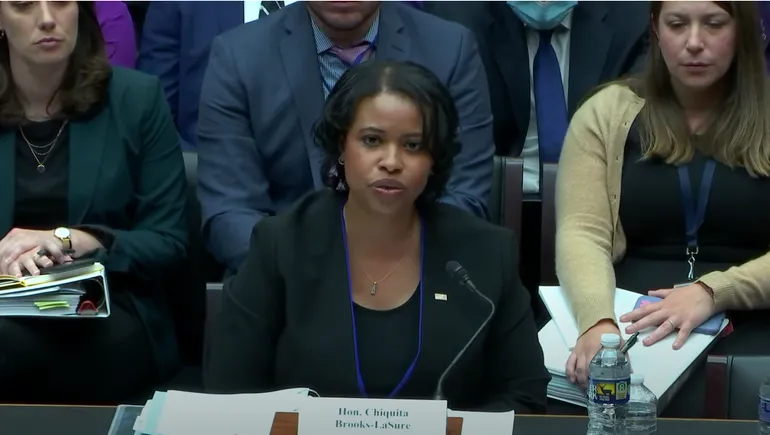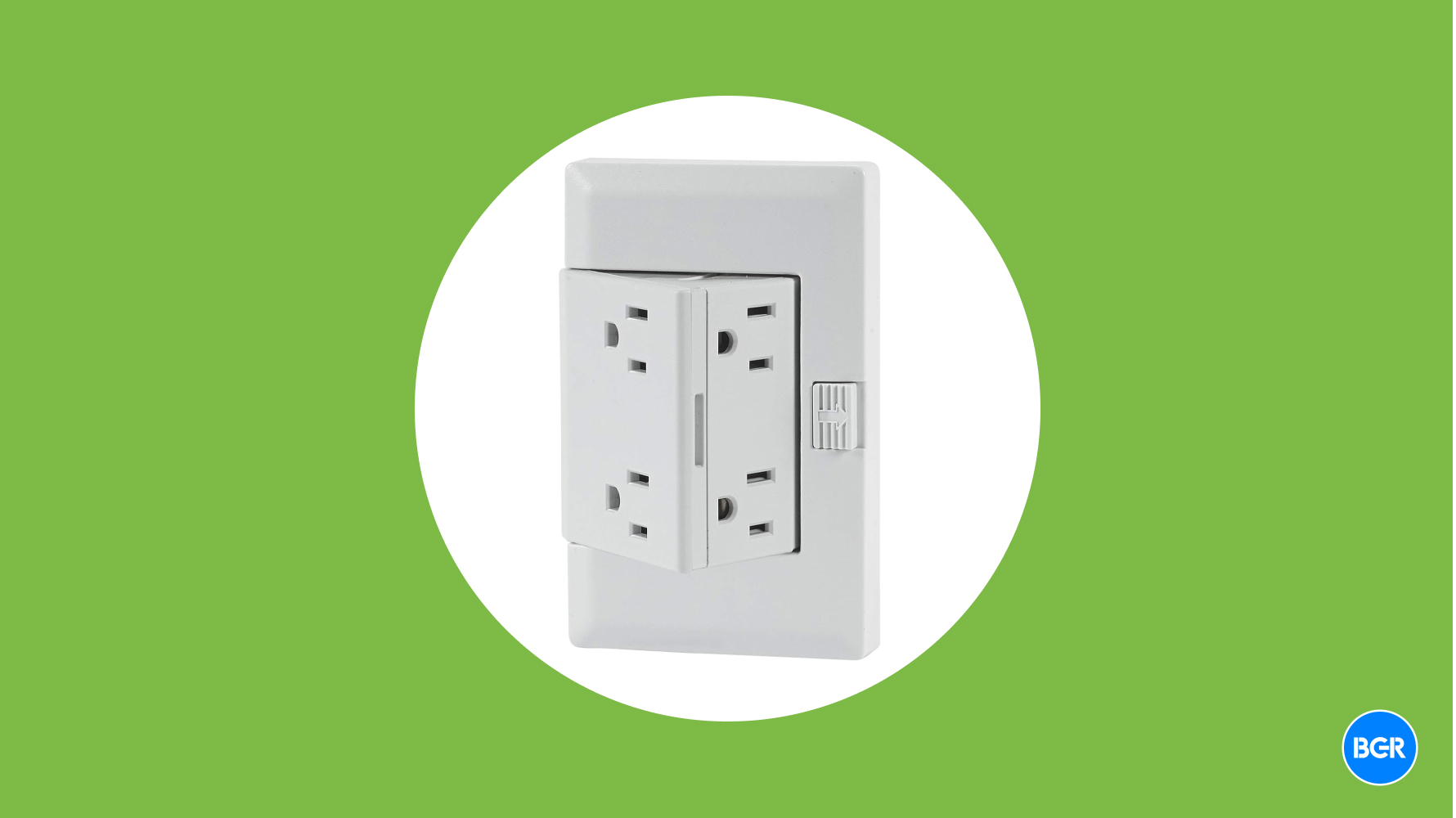The Centers for Medicare and Medicaid Services shared a final notice on Wednesday for a new pathway to cover breakthrough medical devices.
The pathway, called Transitional Coverage for Emerging Technologies (TCET), is intended to expedite Medicare coverage of new medical devices. On average, it takes about five years after a device is authorized by the Food and Drug Administration to gain national Medicare and commercial insurance coverage, according to a survey by the Stanford Byers Center for Biodesign.
The CMS plans to accept up to five candidates per year for the TCET pathway, with the goal of finalizing a national coverage determination within six months of FDA market authorization for technologies that are accepted. The devices must have the FDA’s breakthrough designation, meaning they provide for more effective treatment or diagnosis of life-threatening or irreversibly debilitating conditions.
Medtech lobbying firm Advamed pushed back on the five devices per year cap. CEO Scott Whitaker said in a Thursday statement that the limit “demonstrates clearly to Congress the need for greater resources at CMS” and the exclusion of diagnostics from the pathway is “disappointing.”
In the final notice, the CMS said it believes accepting five nominations per year is appropriate based on the agency’s current resources. It expects to receive roughly eight TCET nominations each year.
“As we gain more experience with TCET, we will re-evaluate and adjust if we can do so within our available resources,” the agency said.
History of breakthrough coverage
TCET is intended to replace a previous effort by the Trump administration to cover breakthrough devices. In January 2021, days before President Joe Biden took office, the CMS finalized a rule that would provide for immediate national Medicare coverage after breakthrough devices and tests are authorized by the FDA. Later that year, the agency scrapped the final rule due to “significant concerns” about clinical evidence.
TCET was proposed last year as a new pathway for breakthrough device coverage. At the end of 2023, the FDA’s Center for Devices and Radiological Health had granted 933 breakthrough designations, and there were 95 authorized breakthrough devices.
In February, Advamed pressed CMS Administrator Chiquita Brooks-LaSure to issue a final notice on TCET as soon as possible.
In its final notice, the agency said that it applies different standards than the FDA when making coverage decisions, and that FDA approval or clearance alone does not entitle a technology to Medicare coverage.
“While FDA reviews devices to ensure they meet applicable safety and effectiveness standards, there is often limited evidence regarding whether the device is clinically beneficial for Medicare patients,” the CMS wrote.
A House bill introduced last year would create a payment pathway similar to the one proposed under the previous administration. The bill would require the CMS to assign payment codes for breakthrough devices within three months of FDA approval, and for those devices to be covered under Medicare for a four-year transitional period.
Whitaker pushed for Congress to pass the bill, titled the Ensuring Access to Critical Breakthrough Products Act.





